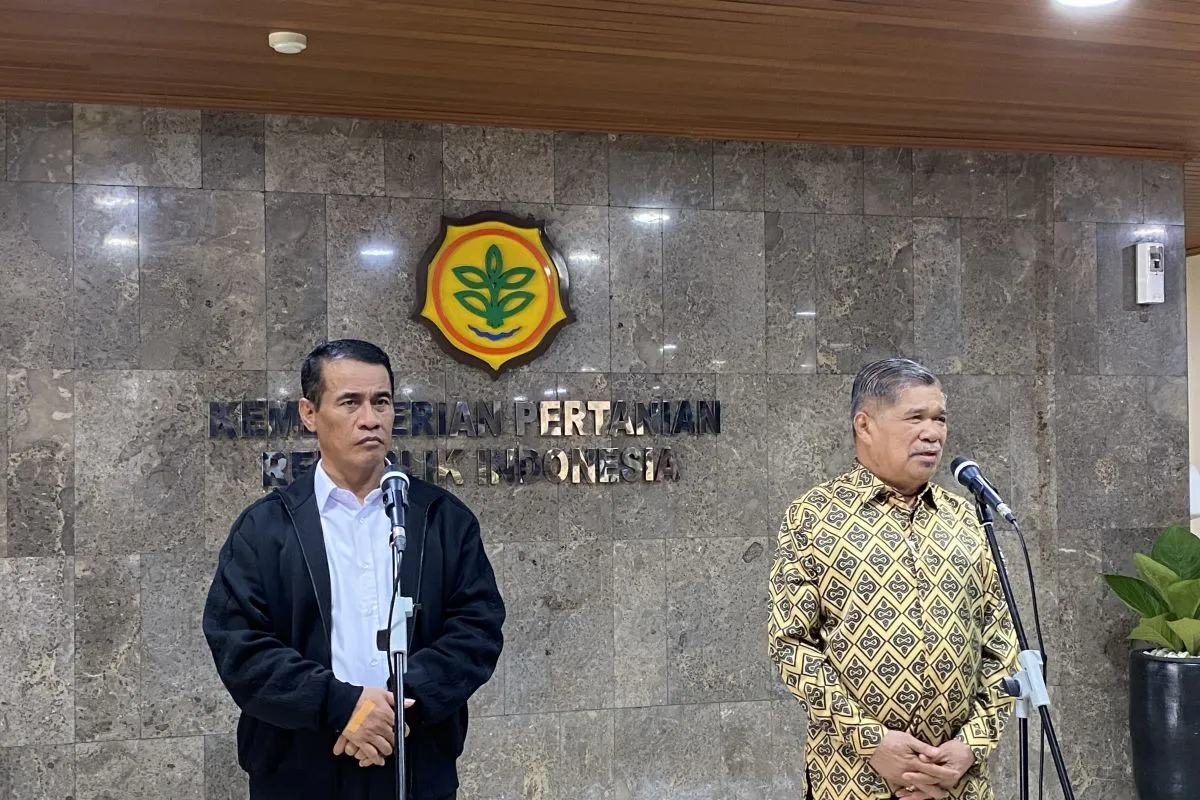In an era where food security and sustainable agriculture are paramount, Malaysia and Indonesia have embarked on a collaborative journey to enhance agricultural practices through technological exchange. This partnership aims to leverage each country's strengths to address common challenges in the agricultural sector.
The Genesis of Collaboration
On April 22, 2025, a significant meeting took place between Malaysia's Minister of Agriculture and Food Security, Datuk Seri Haji Mohamad Bin Sabu, and Indonesia's Minister of Agriculture, Amran Sulaiman. The discussions centered on Malaysia's interest in learning from Indonesia's advancements in agricultural technology, particularly in rice and corn production. Minister Mohamad Bin Sabu expressed admiration for Indonesia's high rice yields, noting averages of 7 tons per hectare, with peaks reaching 12 to 13 tons.
Key Areas of Focus
The collaboration focuses on several critical areas:
- Technology Exchange: Sharing best practices and innovations in crop cultivation, pest control, and irrigation.
- Research and Development: Joint research initiatives to develop resilient crop varieties and sustainable farming methods.
- Capacity Building: Training programs and workshops to enhance the skills of farmers and agricultural professionals.
Institutional Support
The Malaysian Agricultural Research and Development Institute (MARDI) is set to play a pivotal role in this collaboration. MARDI's commitment to working closely with Indonesia's Ministry of Agriculture underscores the importance of institutional support in achieving the collaboration's objectives.
Regional Implications
Beyond bilateral benefits, this collaboration has broader implications for the ASEAN region. By strengthening agricultural ties, Malaysia and Indonesia aim to contribute to regional food security and economic stability. The partnership serves as a model for other ASEAN countries seeking to enhance their agricultural sectors through cooperation.
Challenges and Considerations
While the collaboration holds promise, several challenges must be addressed:
- Climate Variability: Both countries must develop strategies to mitigate the impacts of climate change on agriculture.
- Resource Allocation: Ensuring adequate funding and resources to support joint initiatives.
- Policy Harmonization: Aligning agricultural policies and regulations to facilitate seamless collaboration.
Conclusion
The Malaysia-Indonesia agricultural technology collaboration represents a strategic move towards sustainable agriculture and food security. By pooling resources and expertise, both nations are well-positioned to overcome challenges and set a precedent for regional cooperation in agriculture.
Read More






 Sunday, 01-03-26
Sunday, 01-03-26







